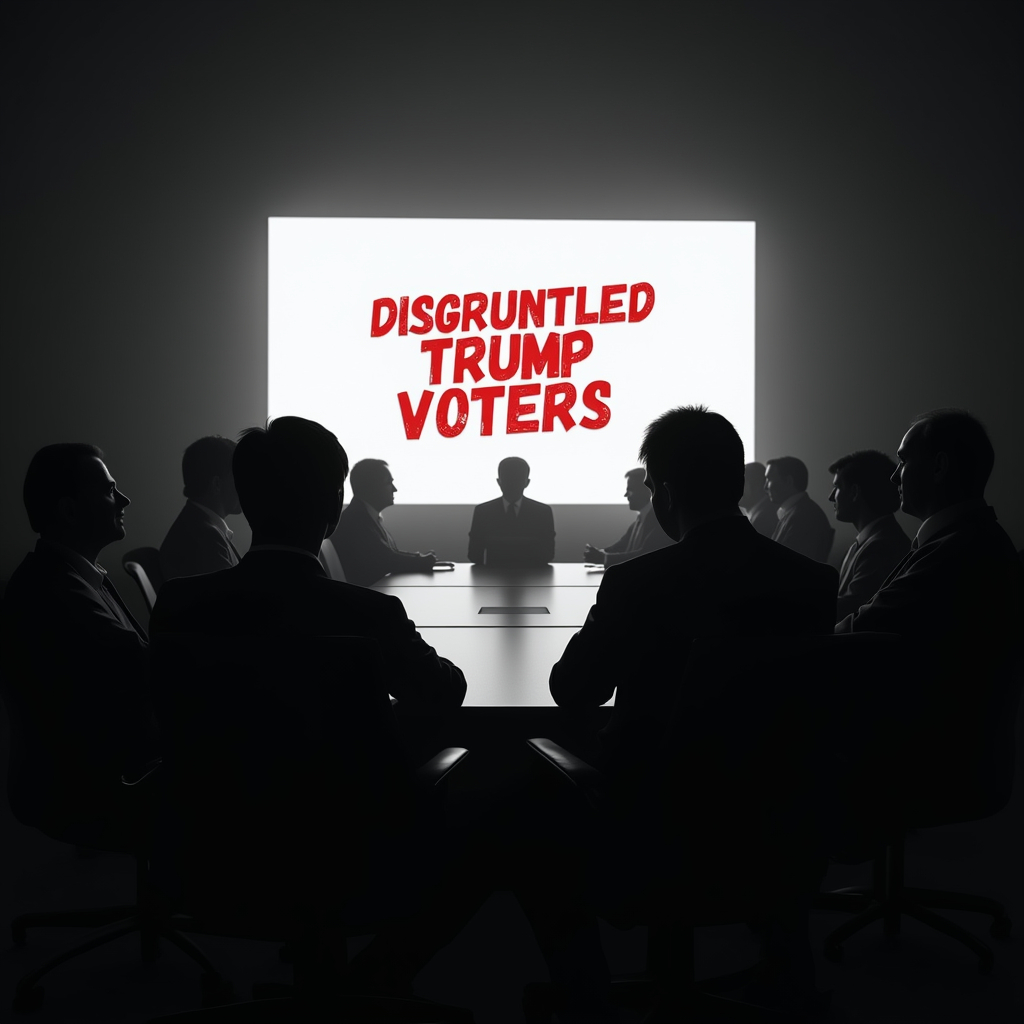
Washington, D.C. – Investigative Report
Billionaire financier George Soros is once again at the center of controversy, with critics accusing him of leveraging media acquisitions to shape public opinion and undermine conservative voices. Soros’ expansive influence extends into radio, television, and online platforms, where his financial backing has reportedly helped align narratives to support open borders, defund-the-police initiatives, and broader globalist policies.
Recent reports indicate that Soros-affiliated groups have acquired Spanish-language radio stations across the United States, raising concerns among conservative communities that a coordinated media effort is underway to influence the Hispanic electorate (source). Additionally, Homeland Security officials claim that ICE and Border Patrol agents have been doxxed by activist media outlets, leading to increased security threats and fears of politically motivated targeting.
Media Influence: A Growing Concern
According to public filings, Soros’ Open Society Foundations (OSF) has funneled more than $130 million into media-related projects, including grants to investigative journalism organizations that critics argue promote a progressive agenda (source). Political analysts say the result is an increasingly one-sided news environment, where conservative viewpoints face greater scrutiny while left-leaning narratives receive mainstream amplification.
“What we’re seeing is an effort to reshape public perception through the media,” said media analyst Tom Fitton. “By controlling information channels, these groups influence political discourse and elections in ways that many Americans are unaware of.”
Among the concerns raised:
- Selective Fact-Checking: Conservative opinions are often flagged as “misinformation,” limiting their reach on digital platforms.
- Border Enforcement Backlash: Reports suggest that journalists at Soros-funded outlets have exposed the personal details of border security agents, sparking safety concerns among law enforcement officials.
- Push for Progressive Policies: Coverage often frames law enforcement as oppressive, aligning with broader efforts to weaken border security and criminal prosecution.
Border Patrol Agents Sound the Alarm
Current and former Border Patrol and ICE officials warn that the media’s role in undermining border security has led to operational challenges. Leaked internal memos from the Department of Homeland Security suggest that certain media outlets are actively working with advocacy groups to highlight deportation cases, putting enforcement officers under intense scrutiny (source).
“It’s not just reporting the news anymore,” said a former ICE official speaking anonymously. “They are pushing an agenda that makes it harder for us to do our jobs.”
In cities where Soros-backed prosecutors have been elected, crime rates have surged, adding to concerns that a well-funded effort is in place to shift public opinion against traditional law enforcement models (source).
Media Transparency Under Scrutiny
Amid growing concerns, lawmakers and independent watchdog groups are calling for greater transparency in media ownership. Republican legislators have introduced proposals requiring foreign and NGO-backed media outlets to disclose their funding sources, a move aimed at ensuring accountability in journalism.
Conservative media groups are also pushing back, urging citizens to support independent news platforms and alternative information sources.
“The public deserves to know who is influencing their news,” said Sen. Josh Hawley (R-MO). “Transparency is essential to ensure the media isn’t being weaponized for political purposes.”
Looking Ahead
As the 2024 election cycle intensifies, the role of media in shaping public opinion will remain a contentious issue. With billionaires like Soros investing heavily in media infrastructure, critics warn that the battle for narrative control will only escalate.
In the meantime, conservative voices are urging Americans to seek out diverse news sources, question media narratives, and hold journalists accountable for biased reporting. The debate over media influence and political bias is far from over, and the stakes—according to both sides—couldn’t be higher.





